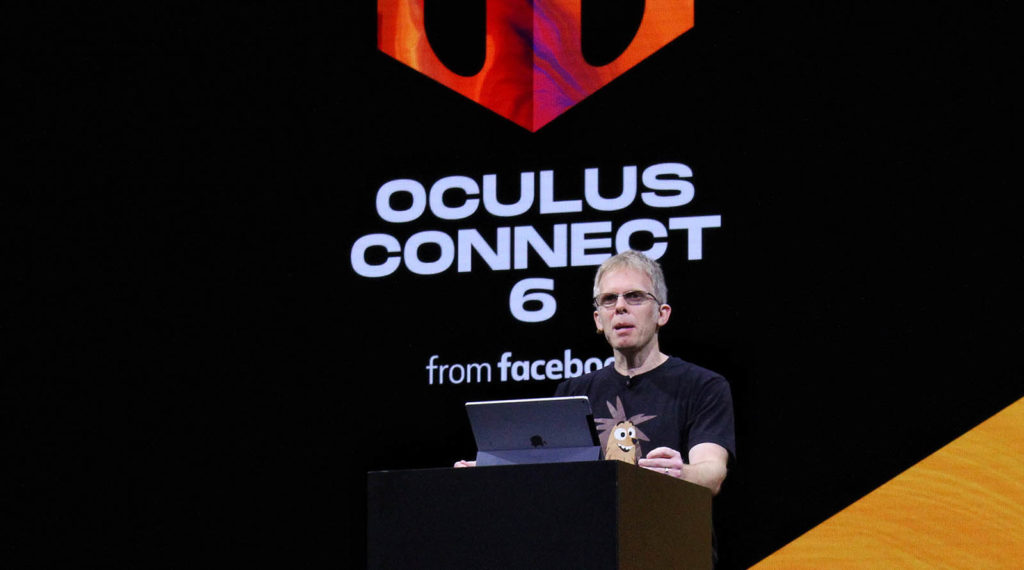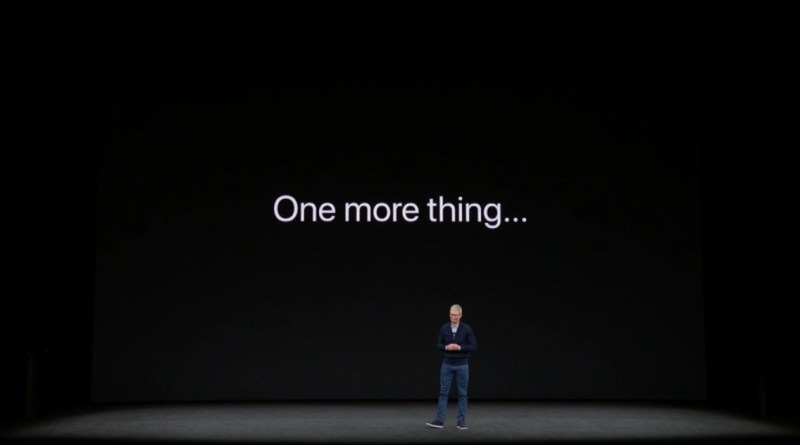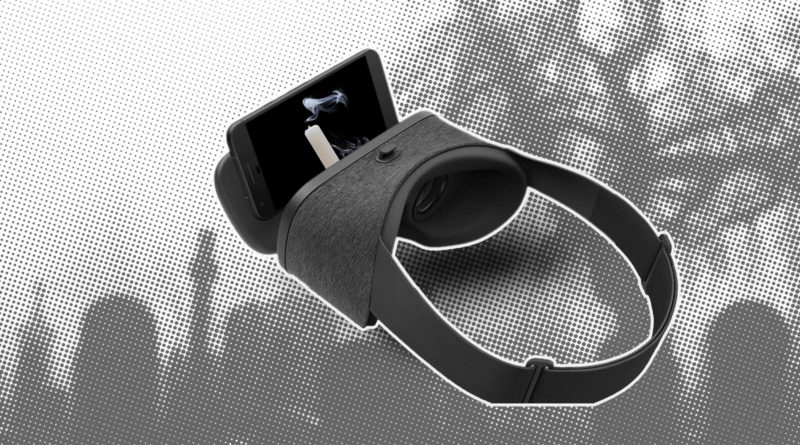Smartphone VR on its Death Bed
At September’s Oculus Connect 6 conference, John Carmack delivered his eulogy for the Samsung Gear VR, calling it a “missed opportunity” and saying its days of official support were coming to an end. Meanwhile, Google decided to discontinue its Daydream VR platform, citing the “immense friction” felt by users required to place their phone in a headset and cut off access to its regular functions.
Clearly smartphones are just too essential to be inaccessible, even when you’re deep in a VR environment. With these two announcements, it appeared the death of smartphone VR was no longer greatly exaggerated.

Where It Went Wrong
Widespread adoption of any new or developing technology is heavily reliant on timing. Sadly, an overly aggressive push for mainstreaming VR may have soured untold numbers of users of Virtual Reality’s potential. A free Google Cardboard arriving with your New York Times subscription is convenient and intriguing, but the results aren’t exactly peak VR.
A grainy 360-degree video played on a device offering poor head tracking, limited freedom of movement, and system operation that proved cumbersome at best isn’t likely to blow anyone’s mind. The richly rendered and fully immersive experience provided by higher-end VR gear, though, has a much better success rate. It’s just too expensive. As more complex VR devices aimed at experienced users lower prices and fall within reach of average consumers, there’ll be even fewer reasons to keep dropping your phone into an empty plastic head shell.
Apple: Smartphone VR Saviors?

Rumors and rumblings concerning Apple’s Augmented and Virtual Reality plans point towards an iPhone-based AR system that places the bulk of the processing responsibility on the next-gen smartphone, not a standalone headset or viewer. Apple has long broken through apparent development slumps with key products. It stands to reason that if any company can prove smartphone-based VR and AR still has a future, it’s Apple.
That said, with the price of fully-featured VR devices like Oculus Quest now within reach of a growing number of consumers, it’s unlikely we’ll be dwelling in the smartphone-VR world for much longer.

